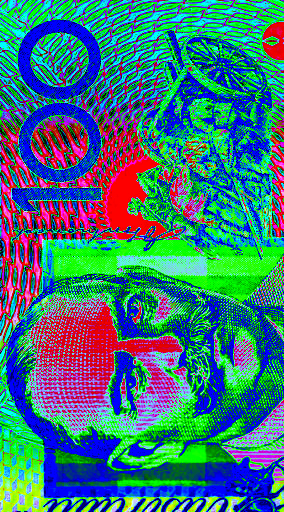Tech money methods inspected
 Australian experts are looking at crypto-currency coding to boost government services.
Australian experts are looking at crypto-currency coding to boost government services.
CSIRO spinoff Data61 is working with government agencies including Treasury to examine the benefits of ‘blockchain’ technology.
Blockchain is the basis of the Bitcoin digital currency system.
In simple terms, a blockchain is a powerful algorithm that allows multiple independent parties to share digital information or transact with one another.
The system adds each new transaction to an ever-growing chain, creating a shared ledger for every user.
Blockchains are not usually ‘owned’ or dominated by any one user, but are instead decentralised to allow all parties to have confidence in the integrity of the shared content.
Keeping accurate ledgers has been critical to the operation of both government and business for centuries.
They are traditionally record details about assets, including available money and property, as well as any transactions that have occurred.
The use of distributed ledger technology is just getting a start even in the financial services sector, but experts now say that its widespread deployment in the future, across multiple sectors, could deliver significant productivity gains across the economy.
Over the next nine months, Data61 will work with government and some private parties to find out what it all means, looking at both trends in the uptake of blockchain technology and distributed ledgers, and future possible scenarios in Australia.
Data61 has put together an expert blockchain research team headed by Liming Zhu and Mark Staples, to find out what skills Australia will need to become a global leader in blockchain technology and applications; as well as potential legislative and regulatory implications to do with privacy and security.
The review will look for practical use test cases where blockchain technology could be piloted in government services and the private sector.
“There are currently a few potential areas where we could explore opportunities – such as sharable registry information, verifiable supply chains and assessment of aggregate risk exposure in the financial services sector,” says Stefan Hajkowicz from the Data61 Foresighting Team.
“Blockchain is certainly an example of a technology that has the potential to disrupt or change the way not only financial services transactions are carried out, but also those across virtually any other sector, including government.
“We are excited to explore, develop and apply the technology.”
More information is available at the Data61 site.








 Print
Print